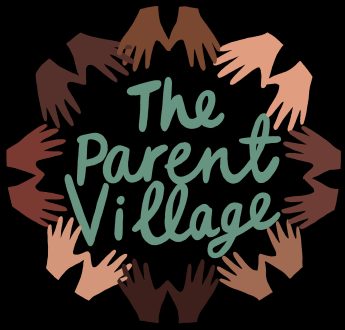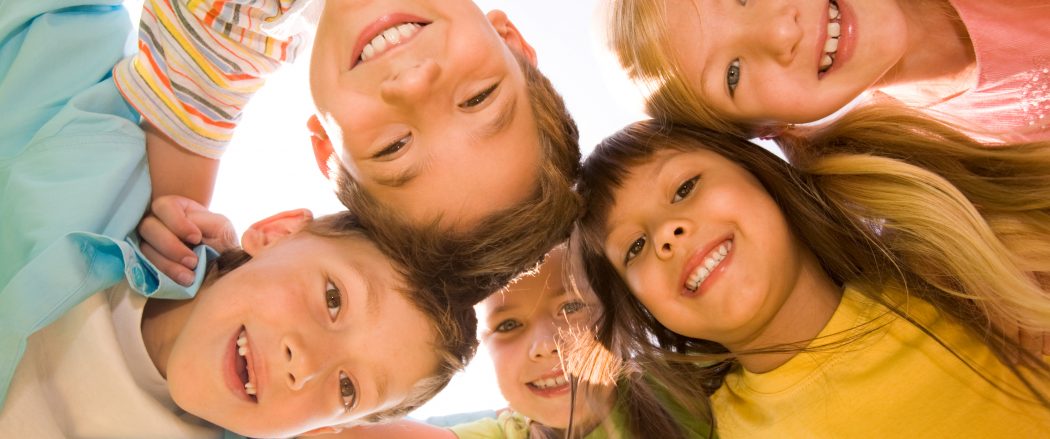To nurture the skills of resilience is key to providing young people with the ability to cope with stress, adversity, failure and challenges. Resilience is evident when young people have a greater ability to “bounce back” when faced with difficulties and achieve positive outcomes.
Resilience empowers an individual to recognise that everyone has physical and mental health and that mental health can move between healthy and poor, dependent on an individual’s circumstances. It empowers a person to recognise poor mental health in themselves and others and be aware of support that is available.
It is widely recognised that a child’s emotional health and wellbeing influences their cognitive development and learning, as well as their physical and social health and their mental wellbeing in adulthood.
In an average class of 30 15-year-old pupils:
- three could have a mental disorder
- ten are likely to have witnessed their parents separate
- one could have experienced the death of a parent
- seven are likely to have been bullied
- six may be self-harming
The Department for Education (DfE) recognises that: “in order to help their pupils succeed; schools have a role to play in supporting them to be resilient and mentally healthy”. Moreover schools have a duty to promote the wellbeing of students. DfE also identifies a whole-school approach to promoting good mental health as a protective factor for child and adolescent mental health. Although schools and colleges play a significant and valuable role in helping to promote student emotional health and wellbeing, their contribution should be considered as one element of a wider multi-agency approach.
The Children and Young People’s Mental Health and Wellbeing Taskforce recommends that schools assign a lead on mental health issues who would be responsible for linking schools with expertise, identifying issues and making referrals.
Source – DfE
By the end of primary school students should be able to
- That mental wellbeing is a normal part of daily life, in the same way as physical health.
- That there is a normal range of emotions (e.g. happiness, sadness, anger, fear, surprise, nervousness) and scale of emotions that all humans experience in relation to different experiences and situations.
- How to recognise and talk about their emotions, including having a varied vocabulary of words to use when talking about their own and others’ feelings.
- How to judge whether what they are feeling and how they are behaving is appropriate and proportionate.
- The benefits of physical exercise, time outdoors, community participation, voluntary and service-based activity on mental wellbeing and happiness.
- Simple self-care techniques, including the impact of relaxation, time spent with friends and family and the benefits of hobbies and interests.
- Isolation and loneliness can affect children and that it is very important for children to discuss their feelings with an adult and seek support.
- That bullying (including cyberbullying) has a negative and often lasting impact on mental wellbeing.
- Where and how to seek support (including recognising the triggers for seeking support), including whom in school they should speak to if they are worried about their own or someone else’s mental wellbeing or ability to control their emotions (including issues arising online).
- it is common for people to experience mental ill health. For many people who do, the problems can resolve if the right support is made available and accessed, especially if they access support as early as possible.
Source: Relationships Education RSE and Health Education (DfE) Relationships Education, Relationships and Sex Education and Health Education guidance (publishing.service.gov.uk)
By the end of secondary school students should be able to
- How to talk about their emotions accurately and sensitively, using appropriate vocabulary.
- That happiness is linked to being connected to others.
- How to recognise the early signs of mental wellbeing issues.
- Common types of mental ill health (e.g. anxiety and depression).
- How to critically evaluate when something they do or are involved in has a positive or negative effect on their own or others’ mental health.
- The benefits of physical exercise, time outdoors, community participation and voluntary and service-based activities on mental wellbeing and happiness.
Source: Relationships Education RSE and Health Education (DfE) Relationships Education, Relationships and Sex Education and Health Education guidance (publishing.service.gov.uk)
Local Support

Cambridge, Curiosity and Imagination
Cambridge Curiosity and Imagination (CCI) believes that curiosity and imagination matter. We think of them as important muscles we need to care for and strengthen. Our work as an arts and wellbeing charity is driven by a vision of an inclusive, revitalised, accessible and creative society that embraces these qualities. Artists with environmental practices are
Read More About Cambridge, Curiosity and Imagination
HEAR – the free to use mental health text service
NHS Cambridgeshire and Peterborough provides HEAR – the free to use mental health text service HEAR 85258 is being funded by NHS Cambridgeshire & Peterborough, in partnership with the national service SHOUT. The free to use text service provides real-time support to people who are struggling with their mental health across the county. When texting
Read More About HEAR – the free to use mental health text service
The Parent Village
The Parent Village is a registered charity which works with schools, local authorities and health bodies to support them with reaching parents and carers to develop shared approaches to supporting children and young people’s mental health. The team deliver this support both remotely and face to face through the following ways: For more information: Visit:
Read More About The Parent Village
YMCA Trinity Group
YMCA has been supporting young people in the UK and across the world for over 150 years. YMCA Trinity Group delivers needs led services to communities across Cambridgeshire, Peterborough & Suffolk. During the last 35 years we have developed extensive expertise in positive mental wellbeing which builds on our world-leading physical health programmes. We support
Read More About YMCA Trinity Group
YOUnited
YOUnited offers help to children and young people with their emotional wellbeing and mental health registered with a GP in Cambridgeshire and Peterborough. It is available to those up to the age of 25 and offers a range of support including therapies, counselling and guided self-help. Referrals can be made to YOUnited by a GP
Read More About YOUnitedResources
Documents
Key Stage 2
External Links
- Anna Freud
- Beano and Young Minds content for Under 12s
- Better Health – Mental Well Being PHE
- ChildLine – Bullying, abuse, safety & the law
- Keep Your Head Cambridgeshire and Peterborough
- Mentally Healthy Schools
- MindEd – e-learning to support healthy minds
- My Happy Mind
- PSHE – Mental health and emotional wellbeing pack
- Royal College of Psychiatrists Young people’s mental health
- Time to change – school resources
- Young Minds – School anxiety and refusal
- Young Minds & Beano Lesson Plan



